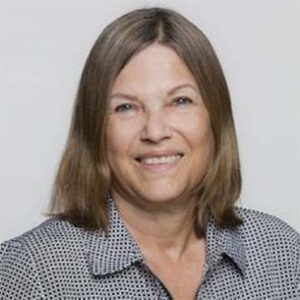
Linda Thorne
The language introduced via the updated standard for non-compliance with laws and regulations (NOCLAR) clarifies and elevates accountants' professional responsibility to report fraud and illegal acts to an external authority. The change was established in 2017 to address previous ambiguity around whether or not to maintain confidentiality when accountants suspected a breach of law.
The findings are contained in a forthcoming article in the Journal of Business Ethics. The article, titled "An Experimental Study of a Change in Professional Accountants' Code of Ethics: The influence of NOCLAR on the duty to report illegal acts to an external authority", was co-authored by Linda Thorne, professor of accounting at Schulich, together with two former PhD students at Schulich, Pier-Luc Nappert, an assistant professor of accounting at Laval University; Carolyn McTavish, an associate professor of accounting at Wilfrid Laurier University; and Sameera Hassan, a current Schulich PhD student.
The researchers evaluated the effect of NOCLAR's updated wording on accountants' perception of their responsibility to report illegal acts to an external authority. To carry out the evaluation, the research team conducted an experiment involving 113 Chartered/Certified Professional Accountants (CPAs) from the U.S. and Canada that showed that NOCLAR increases clarity and elevates CPAs' perceptions of professional responsibility to report illegal acts externally.
"Prior to NOCLAR, the international code of ethics was seen by the public, the securities markets, audit regulators, and the audit profession as ambiguous," says Thorne. "The ambiguity of the code prior to the introduction of NOCLAR facilitated the precedence of the principle of confidentiality over that of external reporting of fraud. But as a result of NOCLAR, there is now language in the code that explicitly grants accountants the right to break confidentiality in the face of illegal acts and outlines the steps for accountants to take when encountering them.
"Our findings suggest that the likelihood of professional accountants reporting illegal acts externally will increase," Thorne concluded.
This story was originally featured in YFile, York University's community newsletter.













